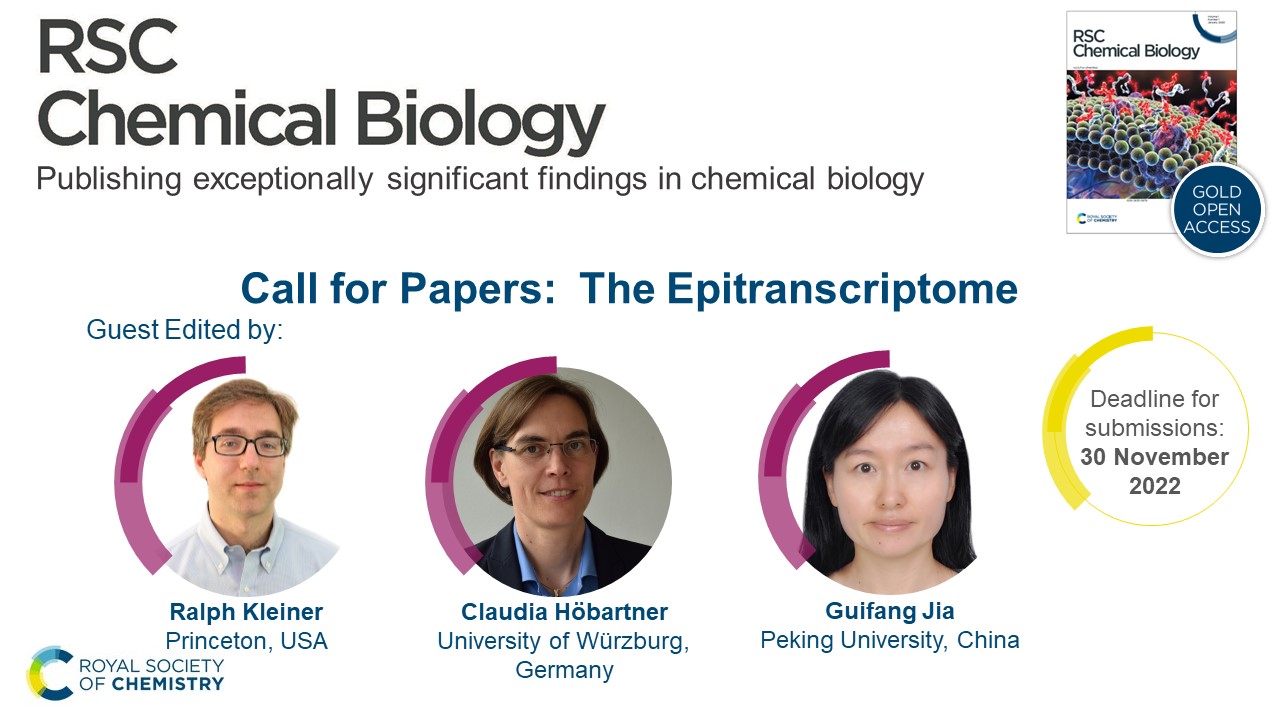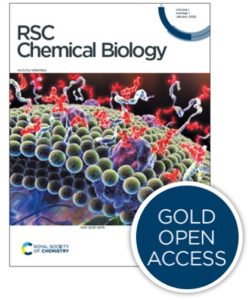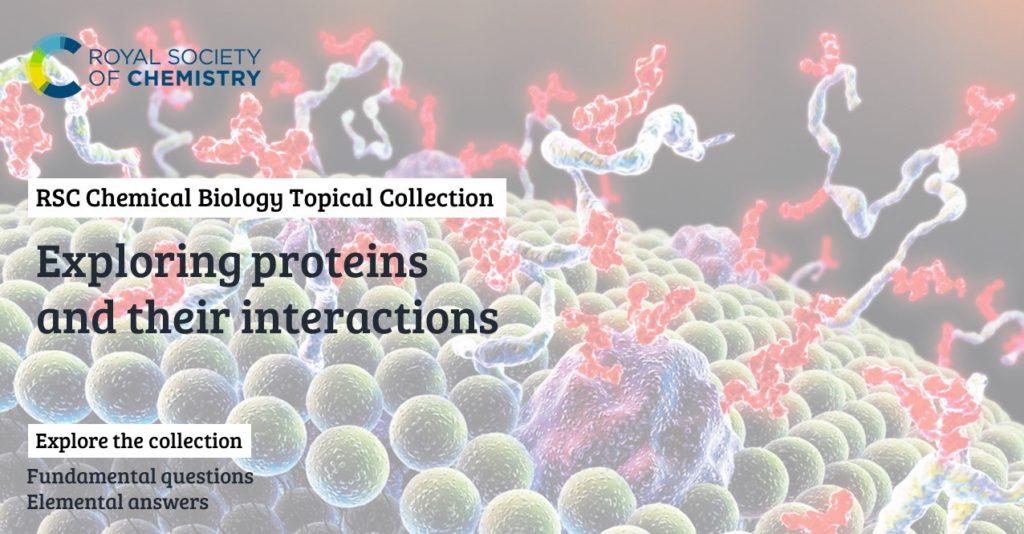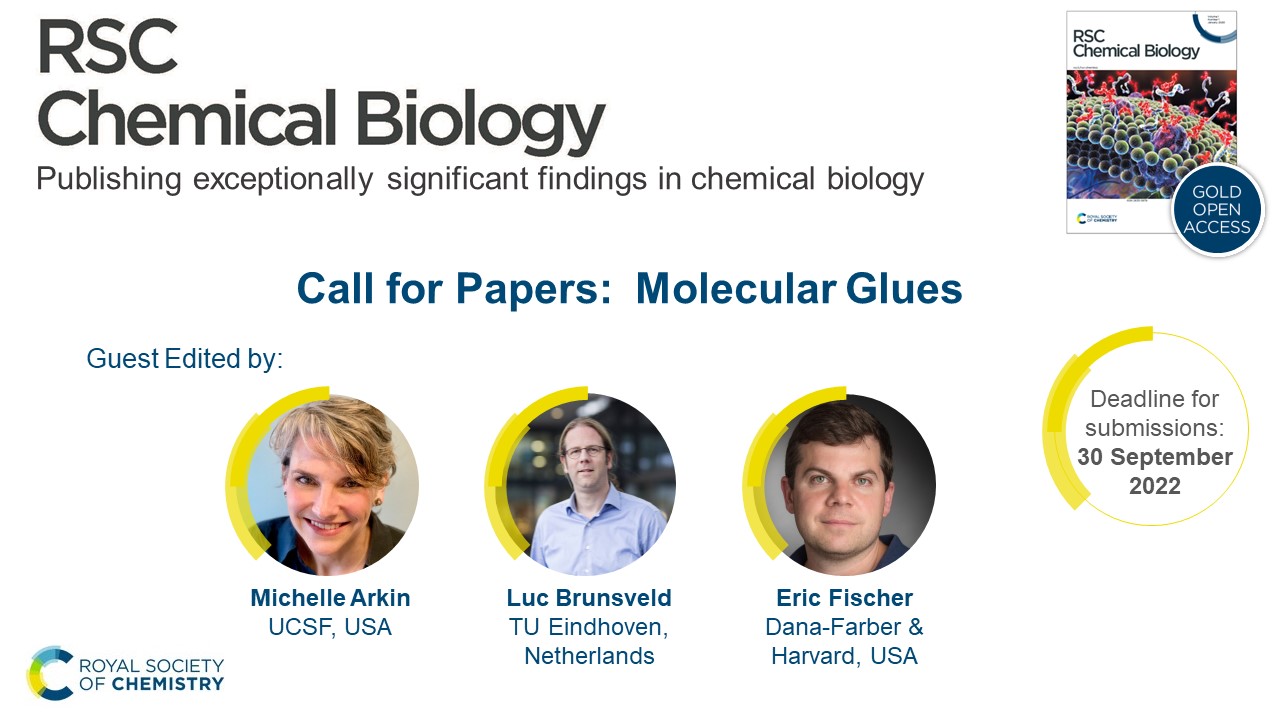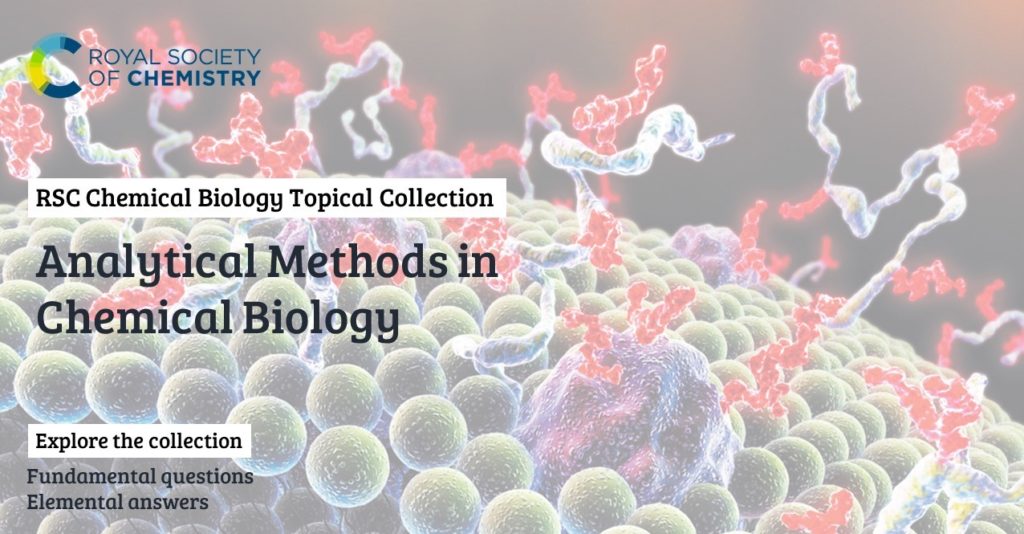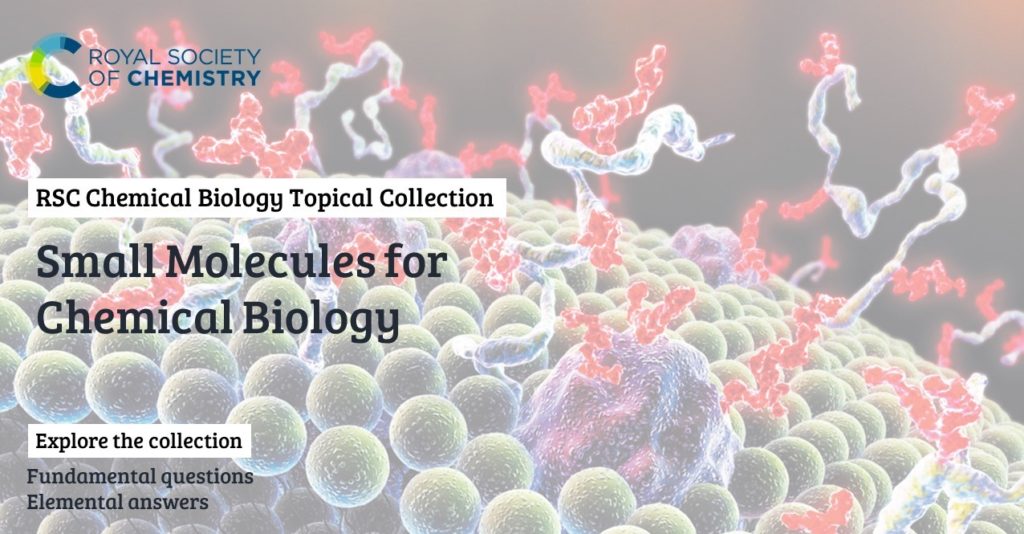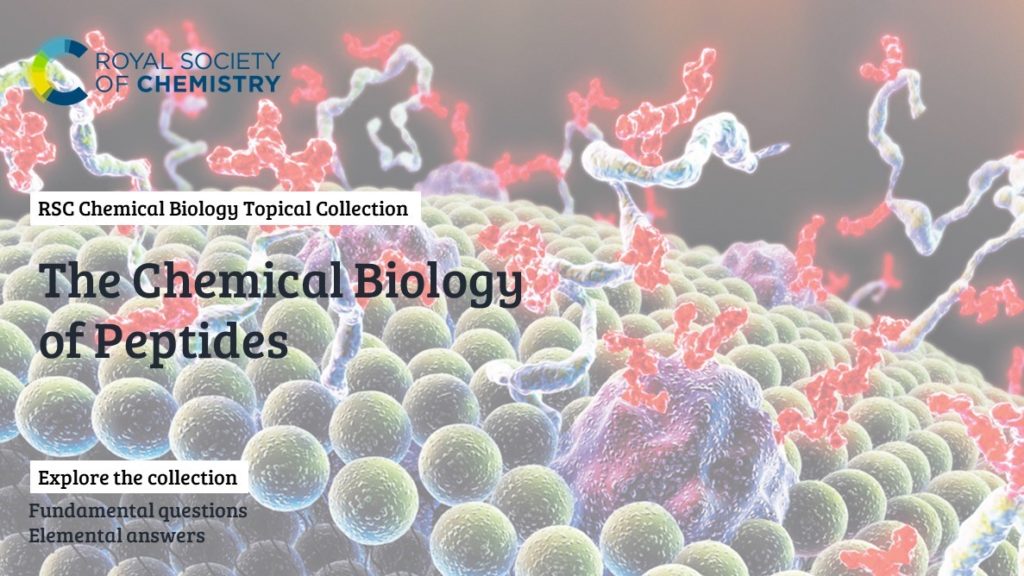We’re pleased to announce that a new themed collection from RSC Chemical Biology has now been published online.
Guest-edited by Dennis Bong (Ohio State University), Philipp Holliger (MRC Laboratory of Molecular Biology), and Chaoyong Yang (Xiamen University), this themed collection covers all aspects of modified nucleic acids in chemical and synthetic biology including both in vitro as well as in vivo applications, and new chemistries. Taken together, the papers collected in this themed collection represent the state of the art on XNAs and highlights work at the interface of chemistry and biology.

A selection of the articles has been provided below. All articles in RSC Chemical Biology are open access and free to read.
Editorial
Introduction to the themed collection on XNA xenonucleic acids
Dennis Bong, Philipp Holliger and Chaoyong Yang
RSC. Chem. Biol., 2022, 3, DOI: 10.1039/D2CB90036J
Reviews
From polymerase engineering to semi-synthetic life: artificial expansion of the central dogma
Leping Sun, Xingyun Ma, Binliang Zhang, Yanjia Qin, Jiezhao Ma, Yuhui Du and Tingjian Chen
RSC Chem. Biol., 2022, 3, 1173-1197, DOI: 10.1039/D2CB00116K
Perspectives on conformationally constrained peptide nucleic acid (PNA): insights into the structural design, properties and applications
Chaturong Suparpprom and Tirayut Vilaivan
RSC Chem. Biol., 2022, 3, 648-697, DOI: 10.1039/D2CB00017B
Communications
Efficient synthesis and replication of diverse sequence libraries composed of biostable nucleic acid analogues
John R. D. Hervey, Niklas Freund, Gillian Houlihan, Gurpreet Dhaliwal, Philipp Holliger and Alexander I. Taylor
RSC Chem. Biol., 2022, 3, 1209-1215, DOI: 10.1039/D2CB00035K
Dependence of click-SELEX performance on the nature and average number of modified nucleotides
Julia Siegl, Olga Plückthun and Günter Mayer
RSC Chem. Biol., 2022, 3, 288-294, DOI: 10.1039/D2CB00012A
Papers
Synthesis and structure–activity relationship of peptide nucleic acid probes with improved interstrand-crosslinking abilities: application to biotin-mediated RNA-pulldown
Enrico Cadoni, Francesca Pennati, Penthip Muangkaew, Joke Elskens, Annemieke Madder and Alex Manicardi
RSC Chem. Biol., 2022, 3, 1129-1143, DOI: 10.1039/D2CB00095D
Stimuli-responsive assembly of bilingual peptide nucleic acids
Hector S. Argueta-Gonzalez, Colin S. Swenson, George Song and Jennifer M. Heemstra
RSC Chem. Biol., 2022, 3, 1035-1043, DOI: 10.1039/D2CB00020B
Mutant polymerases capable of 2′ fluoro-modified nucleic acid synthesis and amplification with improved accuracy
Trevor A. Christensen, Kristi Y. Lee, Simone Z. P. Gottlieb, Mikayla B. Carrier and Aaron M. Leconte
RSC Chem. Biol., 2022, 3, 1044-1051, DOI: 10.1039/D2CB00064D
Covalently attached intercalators restore duplex stability and splice-switching activity to triazole-modified oligonucleotides
Anna Dysko, Ysobel R. Baker, Graham McClorey, Matthew J. A. Wood, Sabine Fenner, Glynn Williams, Afaf El-Sagheer and Tom Brown
RSC Chem. Biol., 2022, 3, 765-772, DOI: 10.1039/D2CB00100D
Conjugation of oligonucleotides with activated carbamate reagents prepared by the Ugi reaction for oligonucleotide library synthesis
Ryosuke Kita, Takashi Osawa and Satoshi Obika
RSC Chem. Biol., 2022, 3, 728-738, DOI: 10.1039/D1CB00240F
A ruthenium–oligonucleotide bioconjugated photosensitizing aptamer for cancer cell specific photodynamic therapy
Luke K. McKenzie, Marie Flamme, Patrick S. Felder, Johannes Karges, Frederic Bonhomme, Albert Gandioso, Christian Malosse, Gilles Gasser and Marcel Hollenstein
RSC Chem. Biol., 2022, 3, 85-95, DOI: 10.1039/D1CB00146A
Targeting a conserved structural element from the SARS-CoV-2 genome using L-DNA aptamers
Jing Li and Jonathan T. Sczepanski
RSC Chem. Biol., 2022, 3, 79-84, DOI: 10.1039/D1CB00172H
We hope you enjoy this new themed collection from RSC Chemical Biology.



